How severe can kidney disease be? | SS Kidney and Urology Hospital in Haryana
One of the best urologist in Haryana explains Kidney disease can range from mild to severe and can affect almost any part of the body. Kidney failure, the most severe form of kidney disease, occurs when the kidneys stop working. Without dialysis or a transplant, kidney failure is fatal, but people on dialysis can expect to live an average of five to 10 years.
Understanding the severity of kidney disease is important because early detection can help prevent severe kidney damage. In this blog, you will find the severity of kidney disease and its treatments explained by top urologist in Haryana
What are kidney diseases?
Kidney disease occurs when the kidneys are damaged and can't filter blood properly. Kidneys are about the size of a fist and are responsible for filtering waste and extra water from the blood to create urine. Several factors can cause Kidney disease, including:
-
Diabetes
-
High blood pressure
-
Heart disease
-
Drugs and toxins
-
Exposure to certain chemicals over time
If left untreated, kidney disease can lead to kidney failure, which may require dialysis or a kidney transplant. There's no cure for kidney disease, but treatments can help relieve symptoms and prevent further decline. The type of treatment you receive will depend on the stage of your kidney disease and the cause.
Stages of chronic kidney disease
Chronic kidney disease (CKD) has five stages, which are classified by the estimated glomerular filtration rate (eGFR) in millilitres per minute per 1.73 square meters:
-
Stage 1: Mild kidney damage with an eGFR of 90 or higher
-
Stage 2: Mild loss of kidney function with an eGFR of 60–89
-
Stage 4: Moderate loss of kidney function with an eGFR of 45–59
-
Stage 4: Moderate loss of kidney function with an eGFR of 30–44
-
Stage 5: Kidney failure or close to failure with an eGFR of less than 15
Early diagnosis is essential so that a doctor can focus on ways to preserve kidney function. While there is no cure for kidney disease, healthy lifestyle changes and taking medicines as prescribed can help prevent further damage and slow the progression of CKD. For example, people with stage 3 CKD might experience swelling in their hands and feet or notice their urine looks foamy or darker than usual. With treatment, many people in stage 3 do not move on to stage 4 or stage 5.
Acute kidney injury
Acute kidney injury (AKI), previously known as acute renal failure (ARF), is a sudden decrease in kidney function that can occur within hours or days. It can range from minor loss of function to complete kidney failure. Many factors can cause AKI, including:
-
Blood clots
-
Cholesterol deposits
-
Medications that can damage the kidneys
-
Glomerulonephritis is an inflammation of the kidney filters that can be caused by infection, autoimmune disease, or other toxins.
-
Urinary obstructions, such as bladder cancer, blood clots in the urinary tract, kidney stones, or nerve damage.
AKI is often reversible, and the kidneys can start working again within weeks or months after treating the underlying cause. During this time, the patient may need dialysis.
Complications of chronic kidney disease
Chronic kidney disease (CKD) can lead to many complications, including:
-
Cardiovascular disease: This is the leading cause of death in CKD patients, and the risk increases as kidney function decline. Complications include coronary artery disease, heart failure, arrhythmias, and sudden cardiac death.
-
Hypertension: This is one of the most damaging complications of CKD and may contribute to the decline in kidney function and cardiovascular disease.
-
Metabolic acidosis: It occurs when the kidneys can't excrete the body's daily acid load, making the blood more acidic. It can increase the risk of hypertension, heart failure, muscle wasting, bone loss, and death.
-
Anaemia: This can cause patients to look pale and feel weak and tired.
-
Bone disease: CKD can disrupt the balance of substances like calcium, phosphorus, vitamin D, and parathyroid hormone in the body, leading to bone disease.
-
Other complications: These include skin infections, joint and muscle pain, nerve damage, pleural effusion, liver failure, and sleep disorders.
Treatments for chronic kidney disease
Chronic kidney disease (CKD) treatments can include lifestyle changes, medications, dialysis, and kidney transplants:
Lifestyle changes
These can help you stay healthy and include:
1. Stopping smoking
2. Eating a healthy, balanced diet
3. Limiting salt intake
4. Eating foods low in phosphorus, like fresh fruits and vegetables and whole grains
5. Avoiding foods high in potassium, like bananas, oranges, and potatoes
Medicines
These can help control associated problems, such as high blood pressure and high cholesterol. Your doctor might recommend medications like:
1. Diuretics to reduce fluid and swelling.
2. Supplements to relieve anaemia
3. Statins to lower cholesterol
4. Medicine to protect your bones and prevent blood vessel calcification
Dialysis
This treatment may be necessary for advanced (stage 5) CKD and involves using a machine to filter your blood.
Kidney transplant
It may also be necessary in advanced (stage 5) CKD.
Living with chronic kidney disease
Chronic kidney disease (CKD) can affect anyone at any age, but some people are at higher risk than others. As the disease progresses, you may experience symptoms such as nausea, vomiting, muscle cramps, and swelling in your feet and ankles.
-
Work with your healthcare team: Visit your nephrologist regularly to monitor your kidney health. You can also work with a dietitian to develop a meal plan.
-
Take care of your body: Maintain a healthy weight, get enough sleep, and exercise most days of the week.
-
Control your blood pressure: High blood pressure can damage your kidneys, so this is one of the most important steps to treat CKD.
-
Manage your blood glucose: If you have diabetes, you should meet your blood glucose goal.
-
Avoid going out during peak hours (12:00 PM - 3:00 PM)
-
Join support groups: Learn from others who are managing the disease.
Kidney disease can be severe and life-threatening, but early detection and proper management can significantly improve outcomes. It is necessary to seek medical advice and take proactive steps to protect your kidney health if you are at risk
If you found this information helpful, share it with others who may benefit. Book a counselling session with our top nephrologist in Haryana and take a step forward in living a healthy life.
Know more about kidney stone pain remedy here

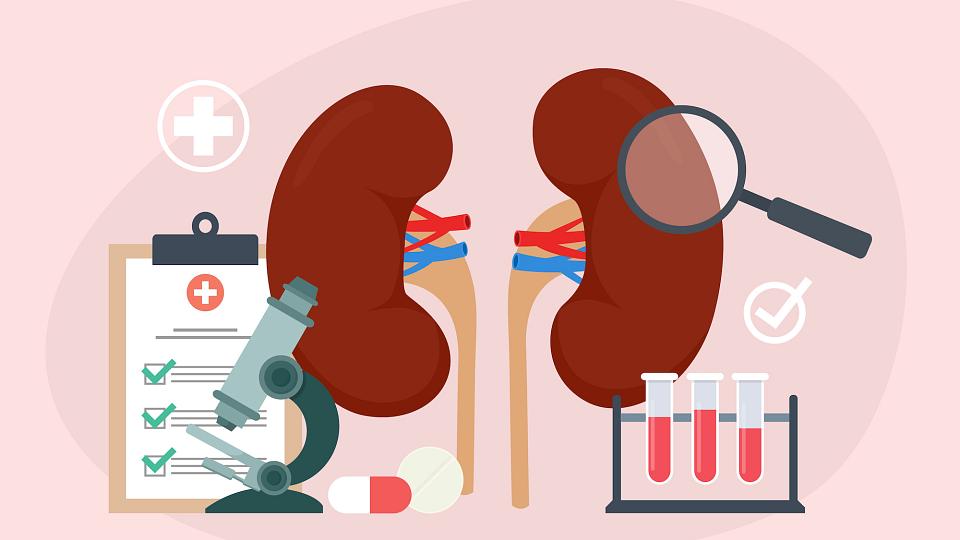


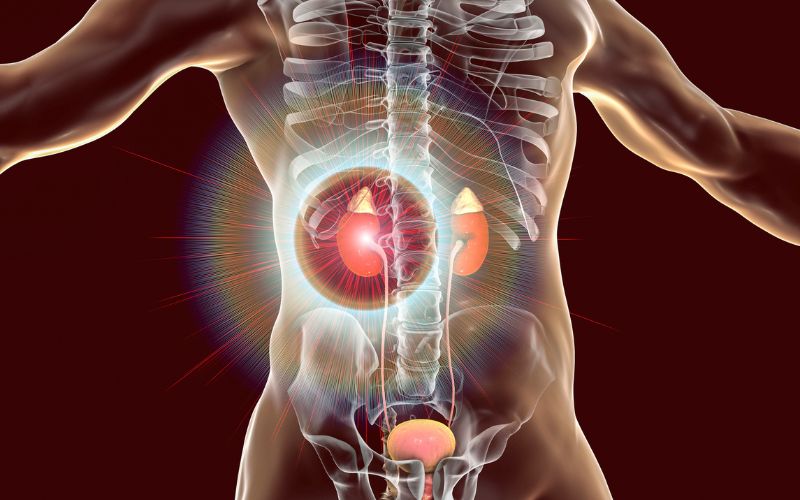
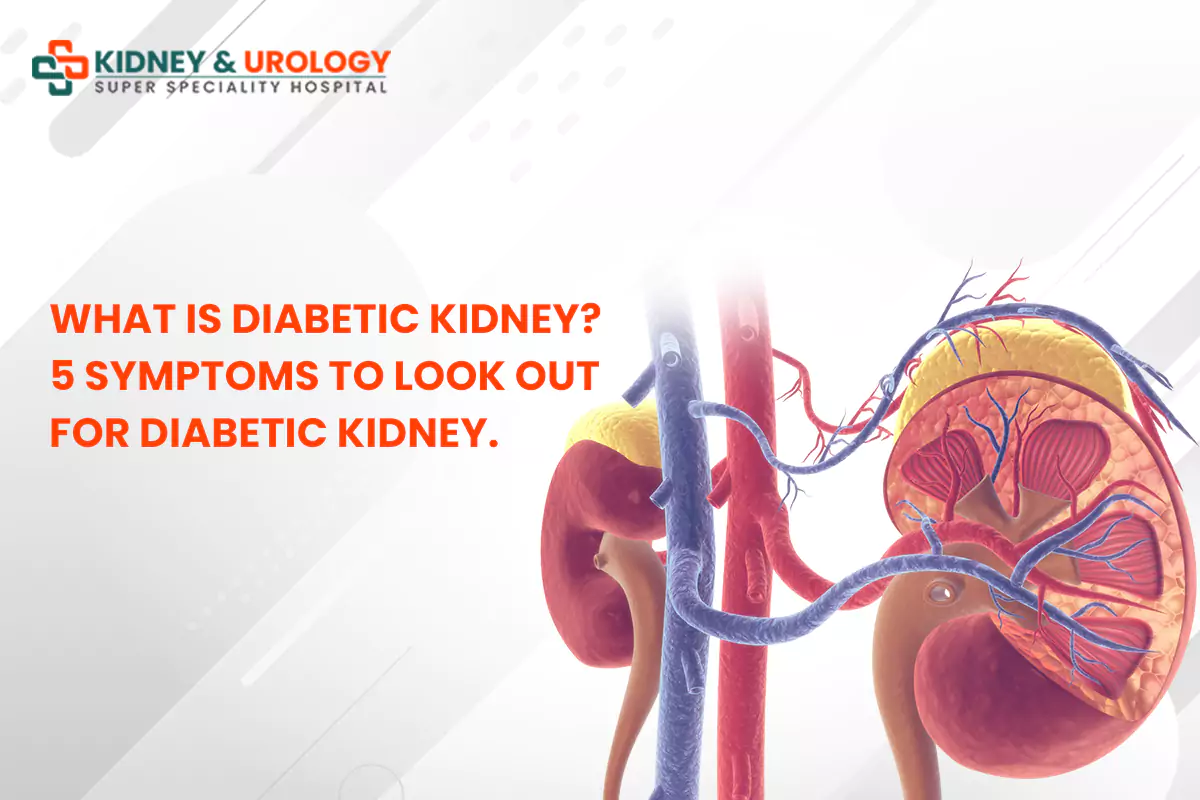
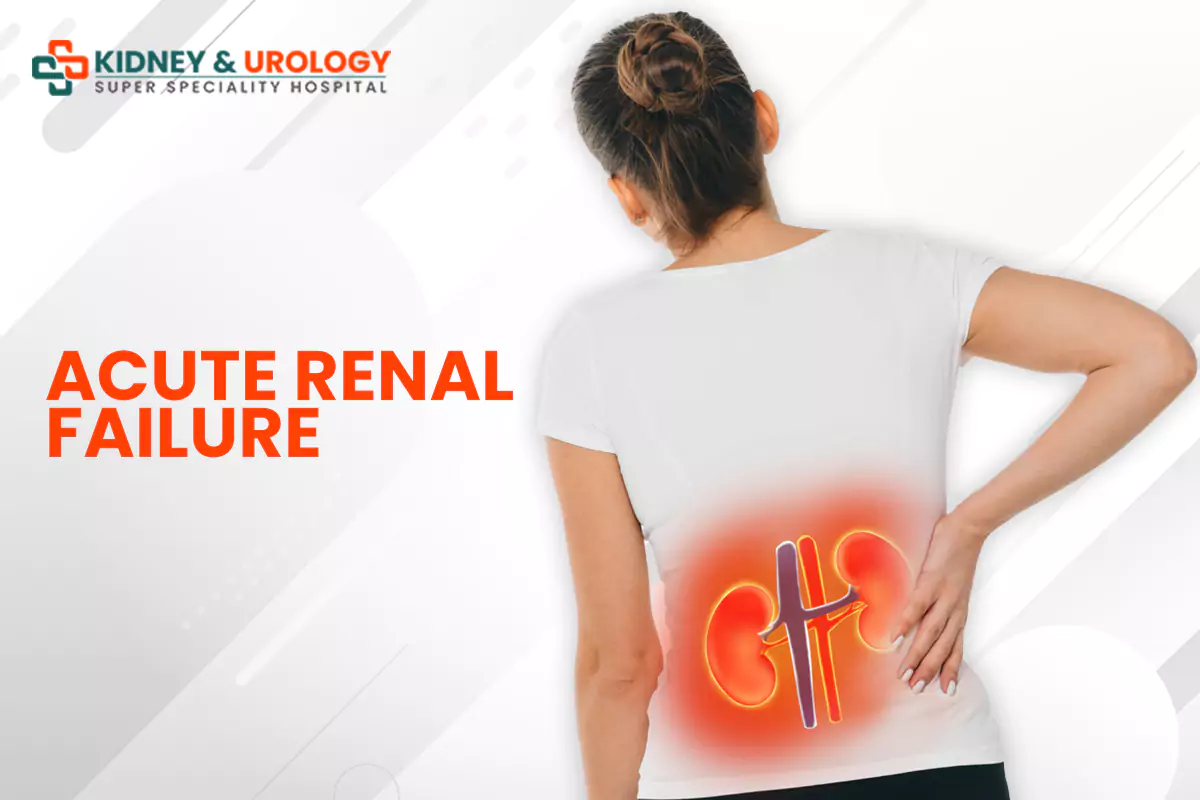
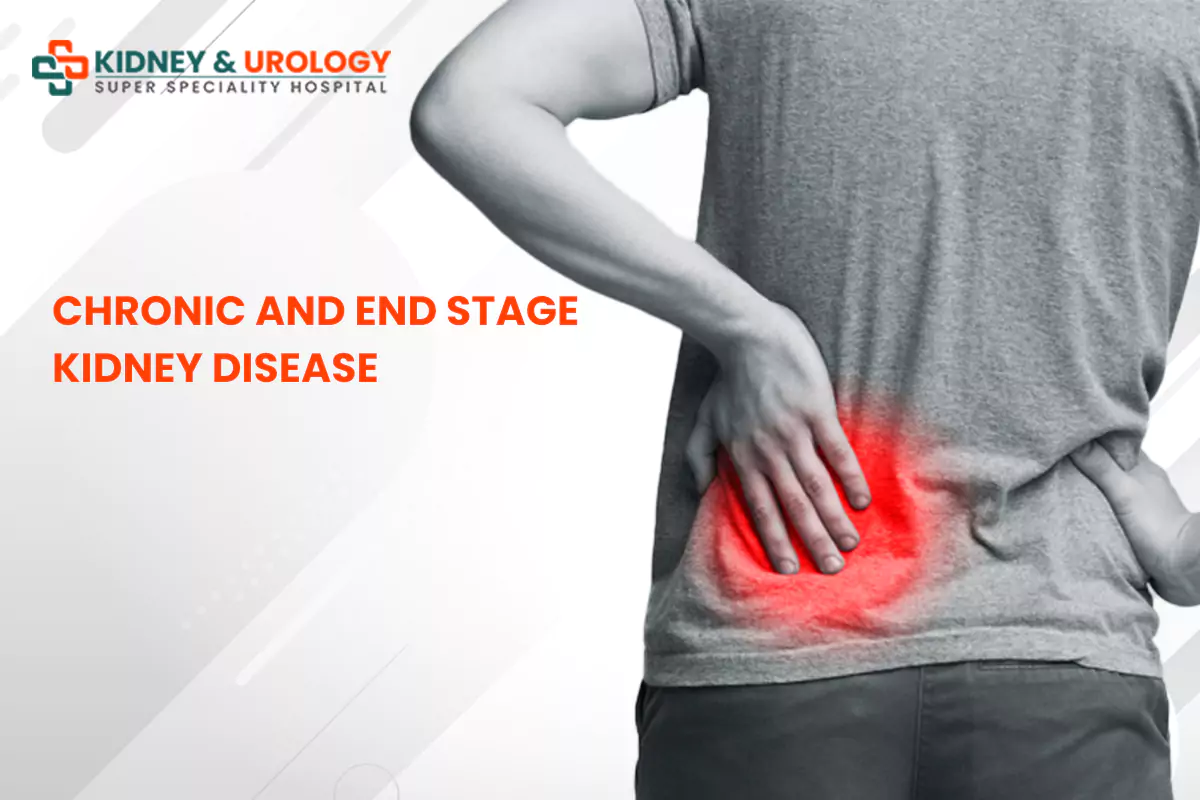

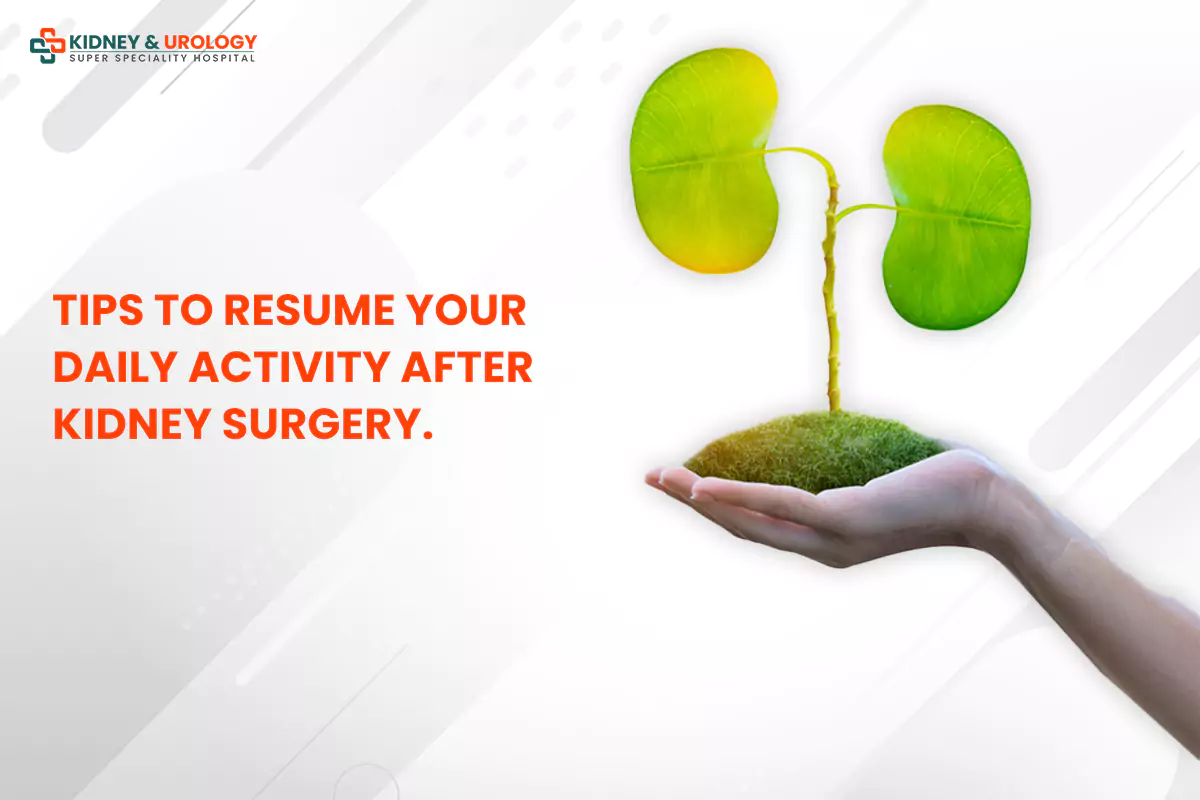




Request A Callback